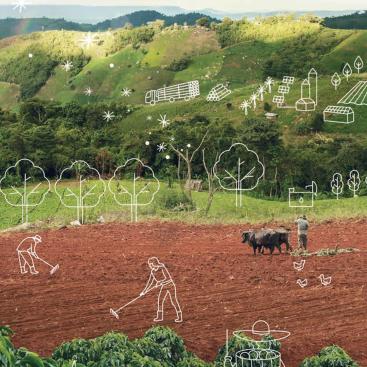Ideas





Land Degradation Neutrality Fund (LDN): Impact Report 2023
Published on 07/22/2024
Discover the Land Degradation Neutrality Fund 2023 Impact Report

Sustainable Ocean Fund (SOF): 2023 Impact Report
Published on 07/15/2024
Discover the Sustainable Ocean Fund 2023 Impact Report.


